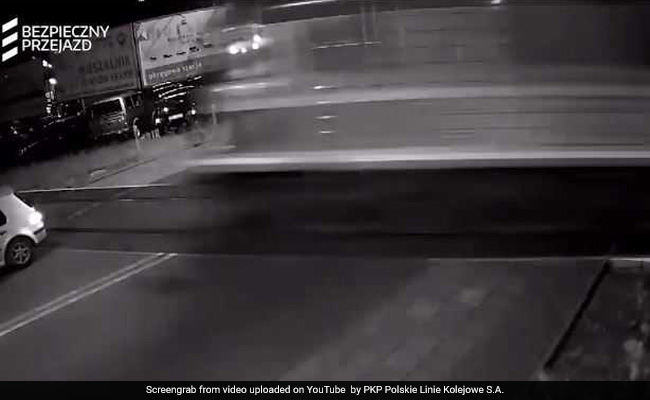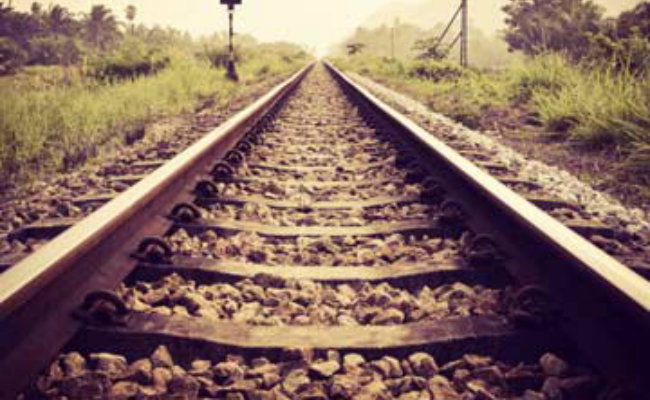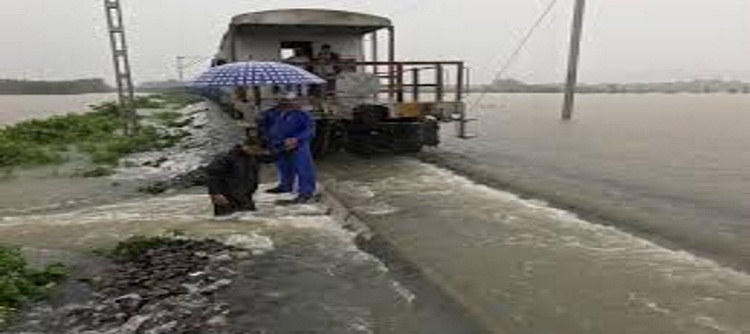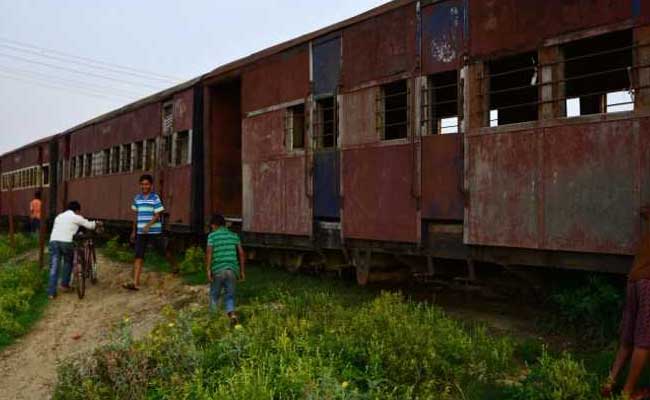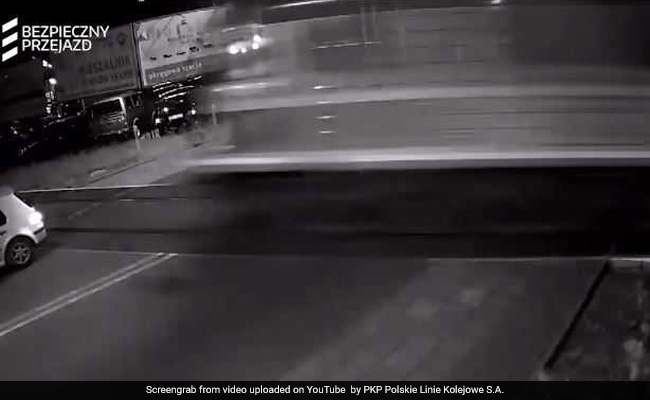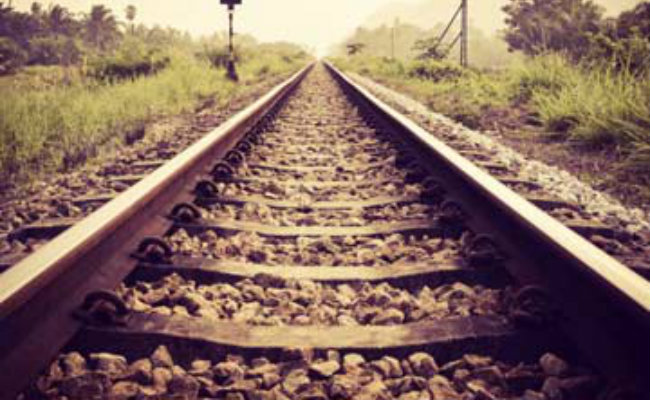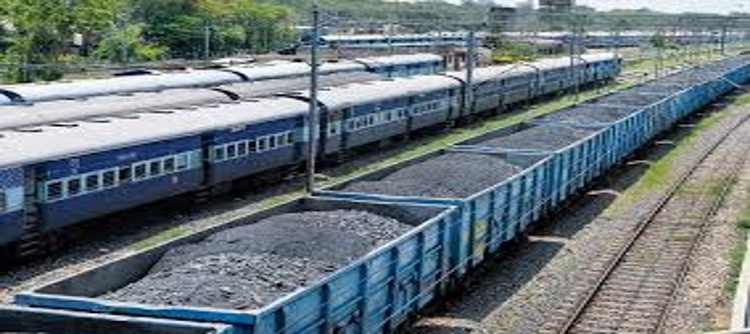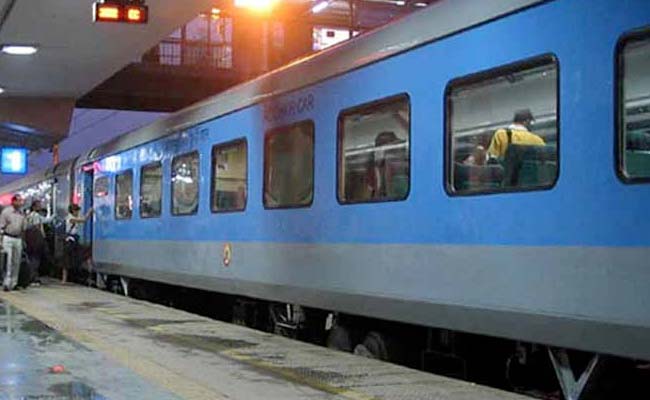
The Tatkal booking facility is meant to provide reservation facility to passengers who undertake train journey at short notice. IRCTC through its apps and website offers online booking facility under the Tatkal scheme. Tatkal tickets can be booked one day in advance excluding the date of journey from the train originating station, according to IRCTC’s website. IRCTC website also advises passengers to first check tickets available under the general booking facility before opting for the Tatkal scheme. IRCTC website also says that during the journey, at least one passenger, whose identity card number has been indicated on the ticket, will have to produce original proof of identity indicated on the ticket, failing which all the passengers booked on the ticket will be treated as travelling without ticket and charged accordingly.
10 Things To Know About The Tatkal Scheme
1) Recently, the Railways reiterated Tatkal rules after some reports mentioned that Railways is introducing several changes and new facilities with effect from 1st July, 2017. “This news is totally incorrect and baseless. This has created a lot of confusion in the minds of the rail users,” the Railways clarified on June 30.
2) The booking time for Tatkal Tickets was changed in 2015 with booking for AC classes opening at 10:00 AM and for Non-AC classes at 11:00 AM one day in advance of actual date of journey excluding date of journey. There is no change in these timings and the same arrangement is continuing, the Railways said.
3) Again there is no change in the refund rules of Tatkal tickets, the Railways said. “Under the existing rule, no refund is granted on cancellation of confirmed Tatkal tickets/ duplicate tatkal ticket. This rule continuous to be in operation.”
4) Recently IRCTC added two new payment facilities for booking tickets under Tatkal as well as general scheme.
5) A new facility, called ‘ePaylater’, is powered by M/s Arthashastra Fintech Pvt Ltd as a pilot project.
6) The service charge levied on use of the ‘ePaylater’ scheme is 3.50 per cent of transaction amount and applicable taxes. To make people aware about the availability of this method, an option of ‘ePaylater’ is displayed at the payment page of the IRCTC website.
Railway Tatkal Booking: Reservation, Cancellation Rules, And New IRCTC Facility
Tatkal tickets can be booked one day in advance excluding the date of journey from the train originating station.
Business | NDTV Profit Team | Updated: August 15, 2017 08:56 IST
by Taboola
Sponsored Links
Sponsored
Jon Snow Makes an Important Decision. Find Out What! Start your Free Trial on Hotstar Premium (Hotstar)
Why Singapore kids excel in Mathematics & Reading? (flipClass.com)
53 Shares
EMAIL
PRINT
COMMENTS
Railway Tatkal Booking: Reservation, Cancellation Rules, And New IRCTC Facility
Recently IRCTC added two new payment facilities for booking tickets under Tatkal.
The Tatkal booking facility is meant to provide reservation facility to passengers who undertake train journey at short notice. IRCTC through its apps and website offers online booking facility under the Tatkal scheme. Tatkal tickets can be booked one day in advance excluding the date of journey from the train originating station, according to IRCTC’s website. IRCTC website also advises passengers to first check tickets available under the general booking facility before opting for the Tatkal scheme. IRCTC website also says that during the journey, at least one passenger, whose identity card number has been indicated on the ticket, will have to produce original proof of identity indicated on the ticket, failing which all the passengers booked on the ticket will be treated as travelling without ticket and charged accordingly.
10 Things To Know About The Tatkal Scheme
1) Recently, the Railways reiterated Tatkal rules after some reports mentioned that Railways is introducing several changes and new facilities with effect from 1st July, 2017. “This news is totally incorrect and baseless. This has created a lot of confusion in the minds of the rail users,” the Railways clarified on June 30.
2) The booking time for Tatkal Tickets was changed in 2015 with booking for AC classes opening at 10:00 AM and for Non-AC classes at 11:00 AM one day in advance of actual date of journey excluding date of journey. There is no change in these timings and the same arrangement is continuing, the Railways said.
3) Again there is no change in the refund rules of Tatkal tickets, the Railways said. “Under the existing rule, no refund is granted on cancellation of confirmed Tatkal tickets/ duplicate tatkal ticket. This rule continuous to be in operation.”
4) Recently IRCTC added two new payment facilities for booking tickets under Tatkal as well as general scheme.
5) A new facility, called ‘ePaylater’, is powered by M/s Arthashastra Fintech Pvt Ltd as a pilot project.
6) The service charge levied on use of the ‘ePaylater’ scheme is 3.50 per cent of transaction amount and applicable taxes. To make people aware about the availability of this method, an option of ‘ePaylater’ is displayed at the payment page of the IRCTC website.
tatkal irctc
(A screenshot from IRCTC website. To avail this new facility, an user has to close Pay On Delivery/Paylater option on the left which appears on the payments page)
7) In another Pay-On-Delivery option – powered by Anduril Technologies – IRCTC users will be able to pay via cash, debit card or credit card by opting to have tickets delivered at their doorstep.
8) “The pay on delivery feature circumvents the use of a payment gateway and will help users make the bookings in just a few seconds greatly increasing their chance of booking a confirmed ticket under the Tatkal quota,” said Anduril Technologies CEO Anurag Bajpai.
9) If you opt for the ‘Book Now, Pay Later’ option – powered by Anduril Technologies – via the IRCTC website, you will be led to a page which states: “In case, if the travel is within next 24 hrs, you are requested to pay online through payment link forwarded to the email given at the time of booking. Door step payment collection will be attempted within next 24-72 hours. In case of non-payment before the travel date, the ticket will be cancelled and the user will be liable to pay the cancellation charges.”
10) Refusal on part of the customer to pay for the ticket shall amount to its cancellation and the customer shall be liable to pay for the cancellation charges, failure of which shall invite strict action as per law and user account will be deactivated, the IRCTC website said. Transaction charges for this facility range from Rs. 90 to Rs. 120 plus applicable taxes for transaction. (With agency inputs)
